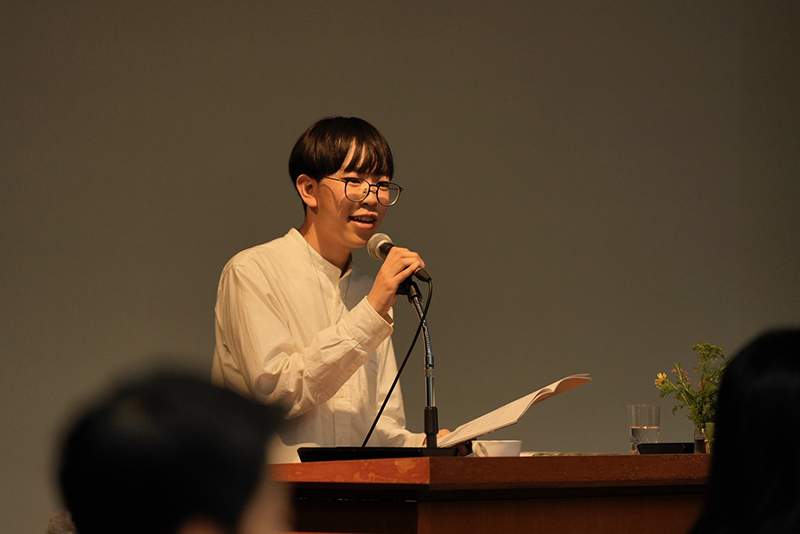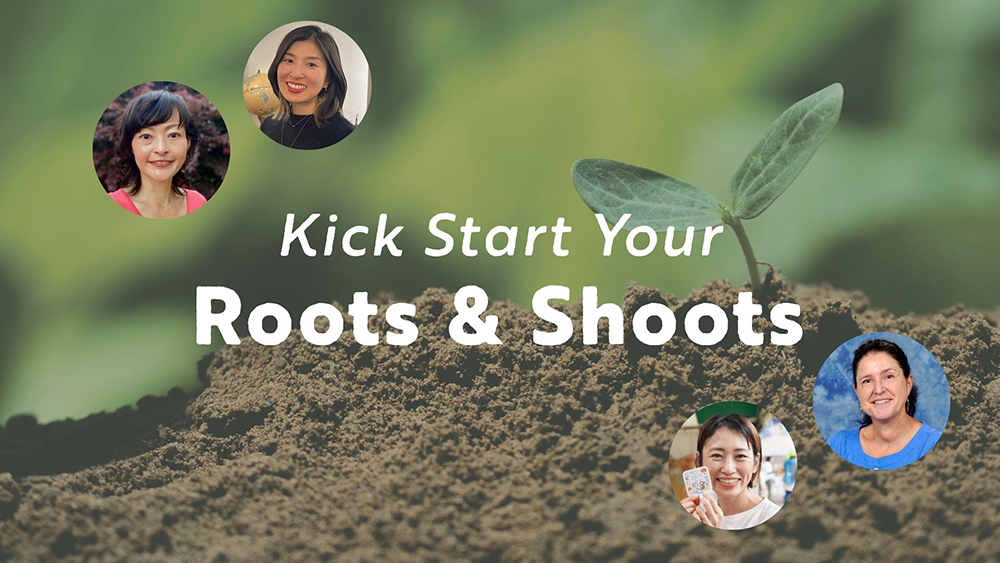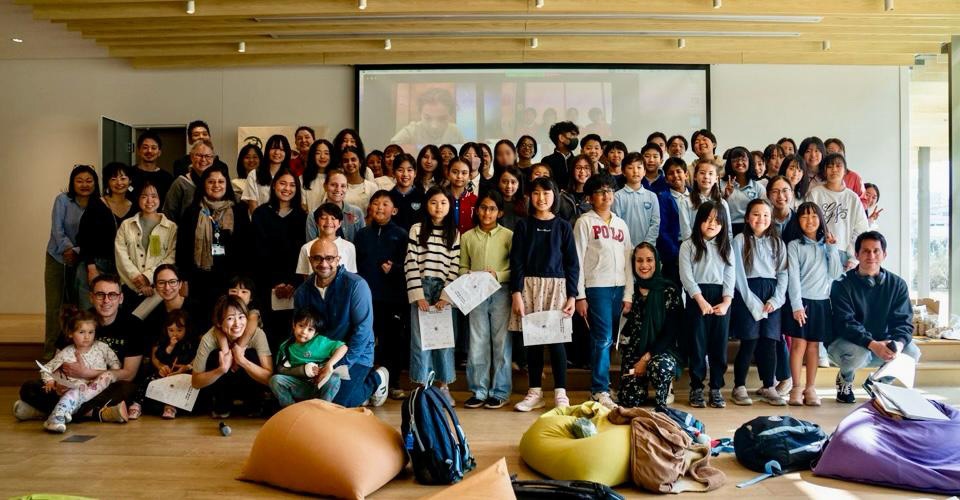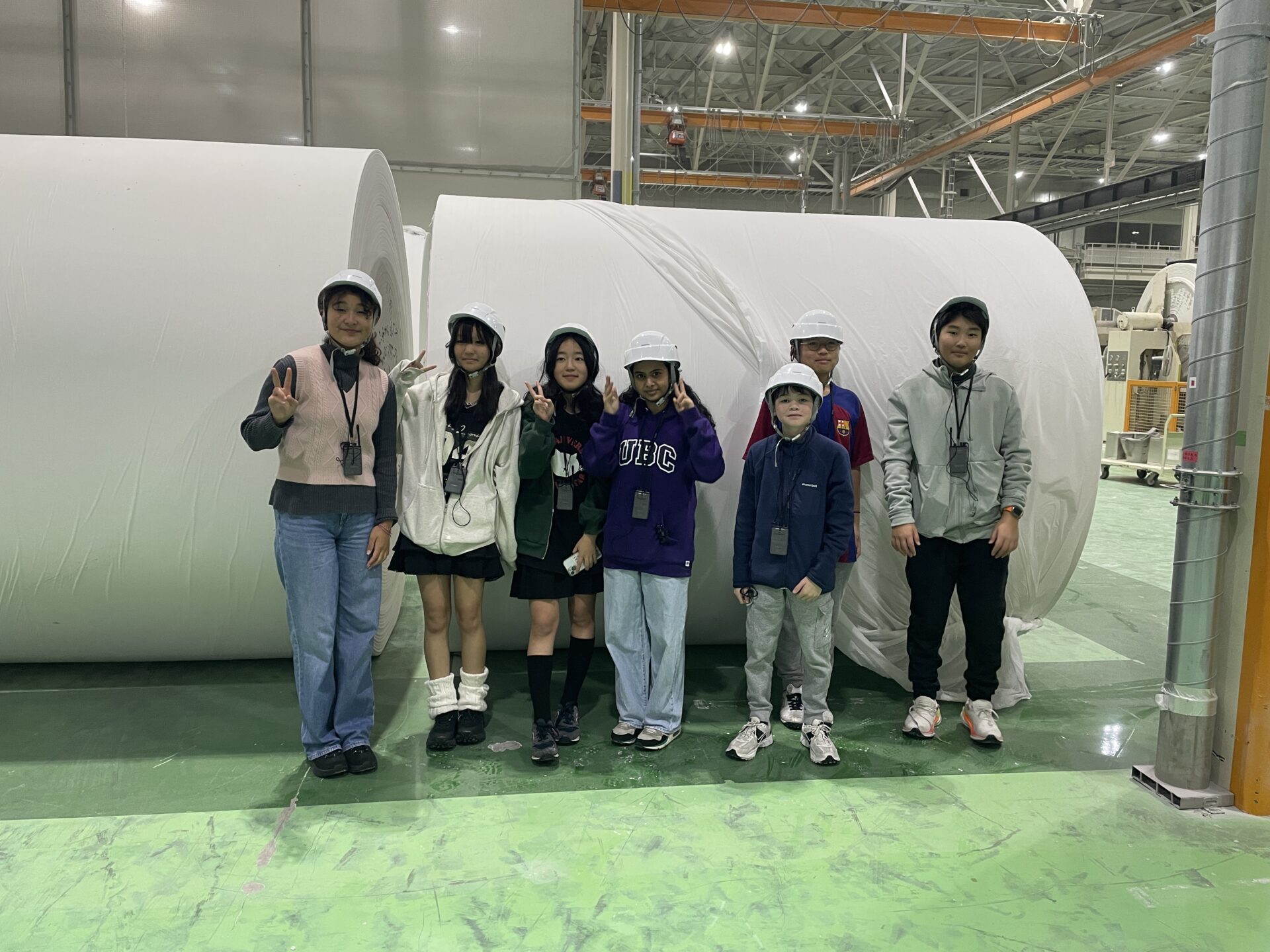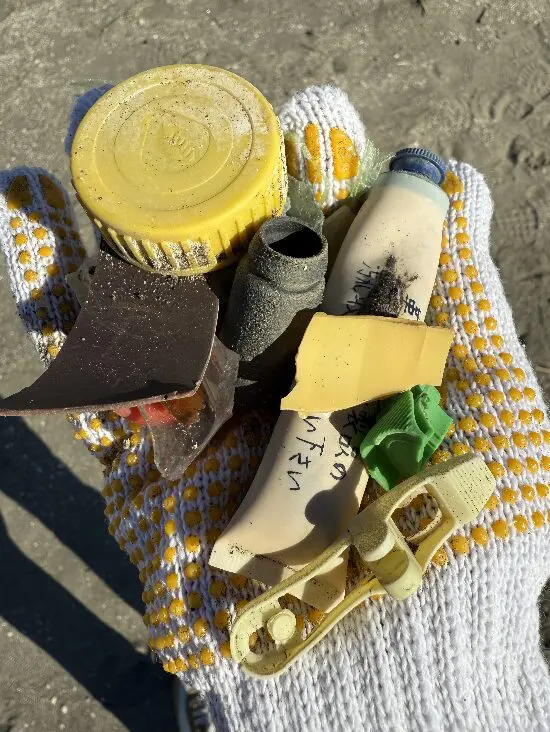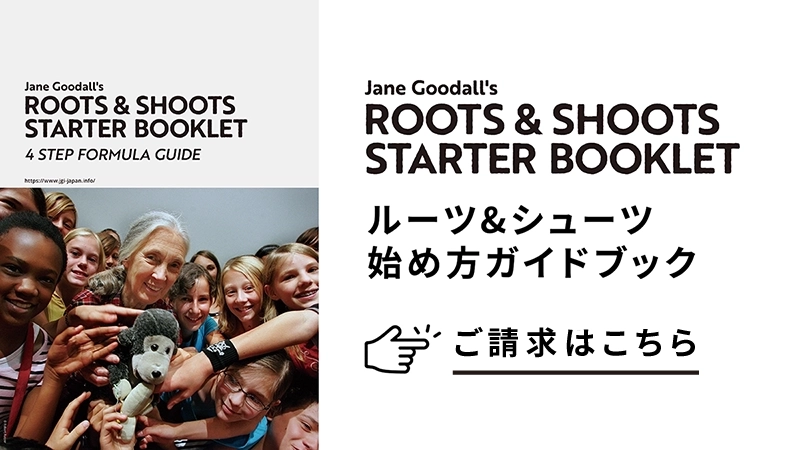ROOTS & SHOOTS
プラスチックゴミを減らしたい! 署名活動を通じた、高校生の願いと対話のアクション
【Sign the Petition】Japan’s plastic addiction is affecting our planet. Let’s reduce the plastic packaging of vegetables in supermarkets!
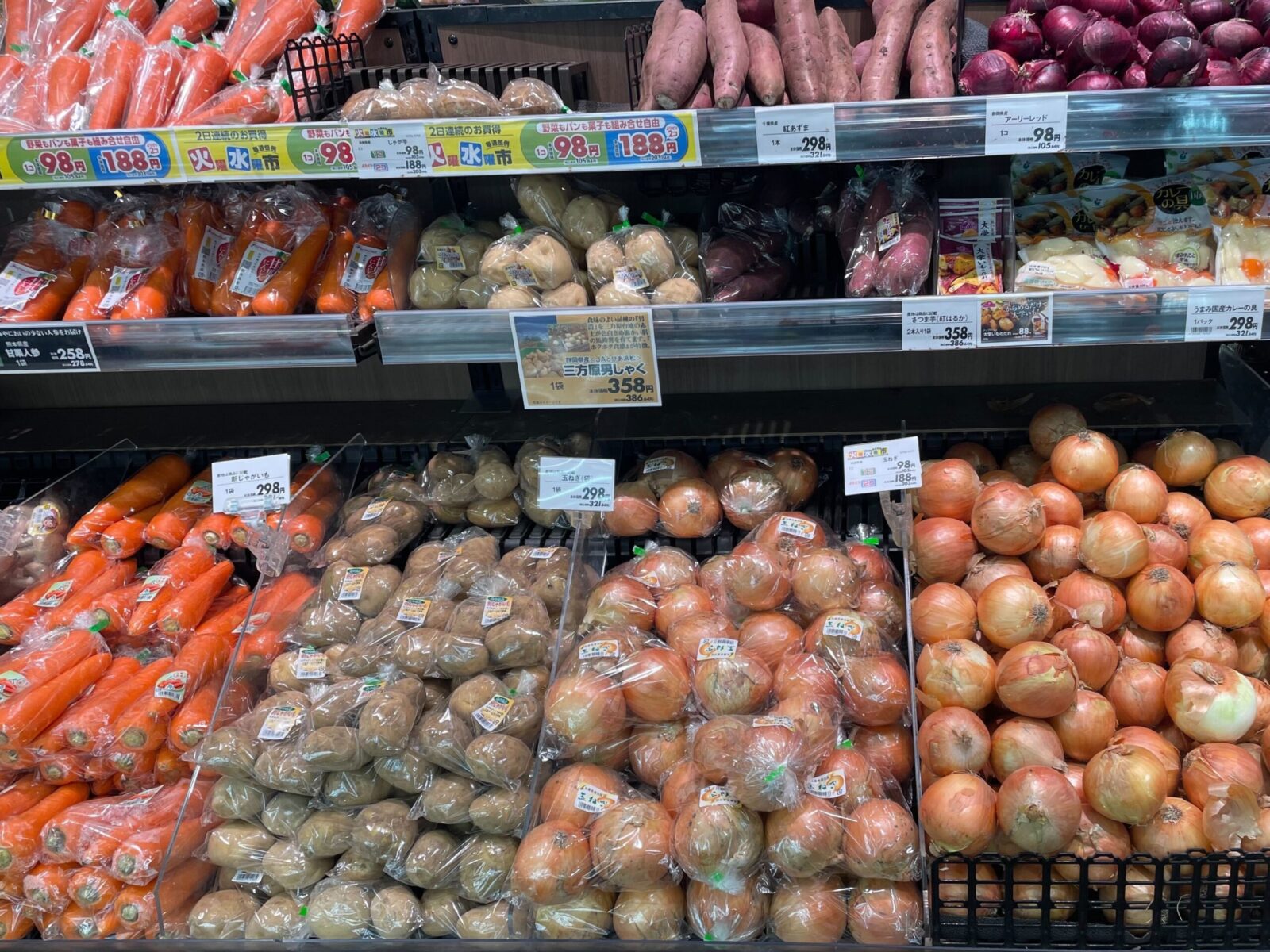
JGIのボランティアメンバーであるAyakaさんがChange.orgで署名活動を始めました。以下、彼女が作成した署名への思いです。(署名へのサインはこちらから)
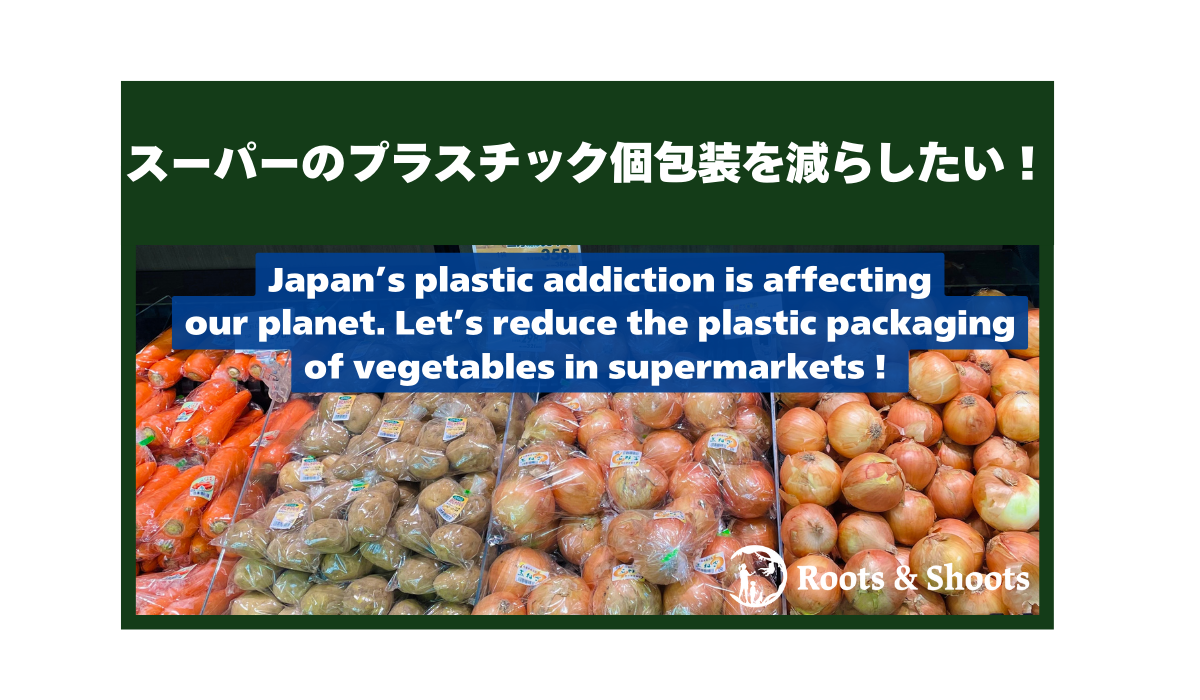
プラスチックのトレイや袋に包まれた野菜や果物たち。日本のスーパーでは当たり前になっているこの光景ですが、一歩後ろに下がって見てみると、異常なほどのプラスチック個包装に驚きます。プラスチックゴミを減らしたいと思いつつも、野菜を購入すると溢れるプラスチックゴミを前に途方に暮れます。鮮度や衛生面を考えた上での策であることは理解しつつも、反対に世界が取り組み始めているプラスチック削減の動きに、日本が乗り遅れている原因の一つであるとも言えるのではないでしょうか。
こんにちは!JGIでボランティアをしている、高校生のayakaです。私がプラスチック問題に対して取り組み始めたのは、ちょうど一年前、高校一年の夏です。校内のプラスチックをゼロにすることを目的に始動した学生団体に所属し、ビーチクリーンを始めとして様々な活動を行ってきました。活動を進めていくにつれて、対処療法だけでなく、本質的なプラスチック問題の解決に繋げていくためには何ができるのだろうか?と視野が広がり、ふと自分の生活に目を向けた時、スーパーのプラスチック包装された野菜が目に飛び込んできました。
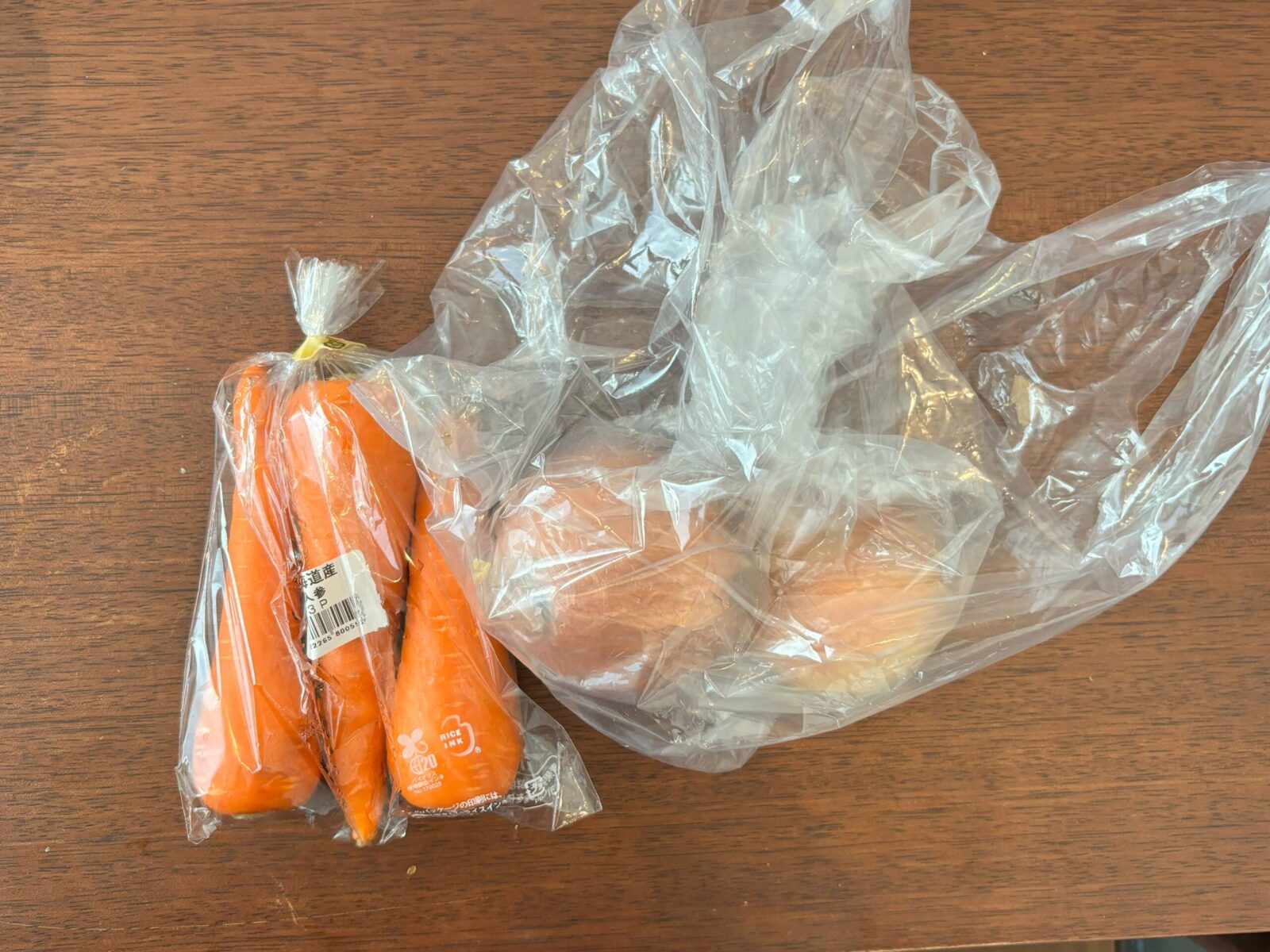
日本で野菜の包装を無くした際に、まず懸念されるのは、鮮度や衛生面だと思います。しかし、本当に全ての野菜に必ず包装が必要でしょうか? 調べてみると、収穫後の呼吸量が多い葉物の野菜(ほうれん草や小松菜)などは、品質や鮮度をなるべく保つために個包装が必要な野菜もあることがわかりました。しかし、玉ねぎは絶対に皮を剥いて使いますし、ゴボウやジャガイモなどの根菜類は必ず洗ってから調理します。さらに言えば、直売所や道の駅、量り売りのスーパーなどで売られている土のついたままの野菜や、トマトやキュウリなど裸の野菜たちは、きらきらと輝いて私たちの目に映ります。
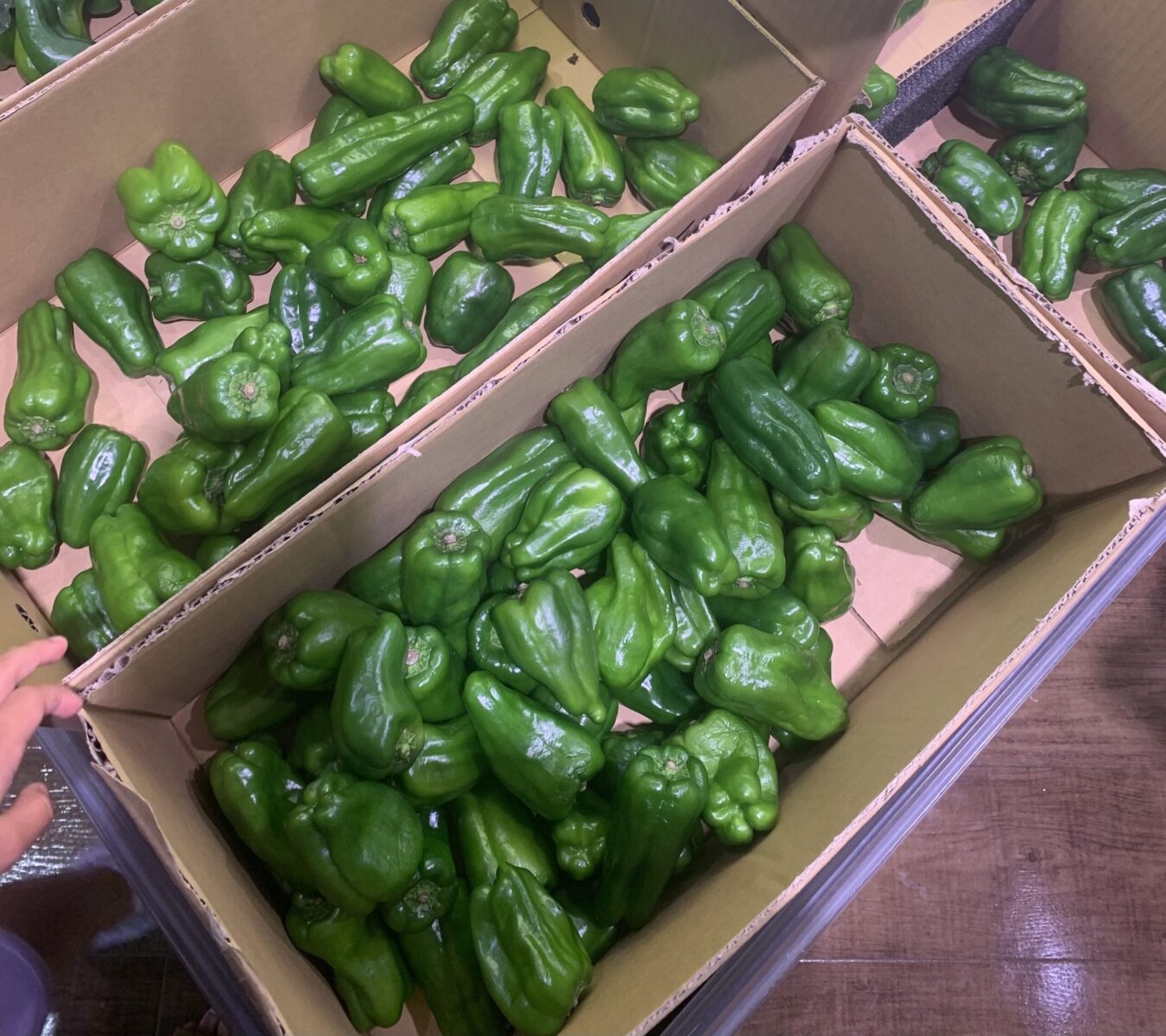
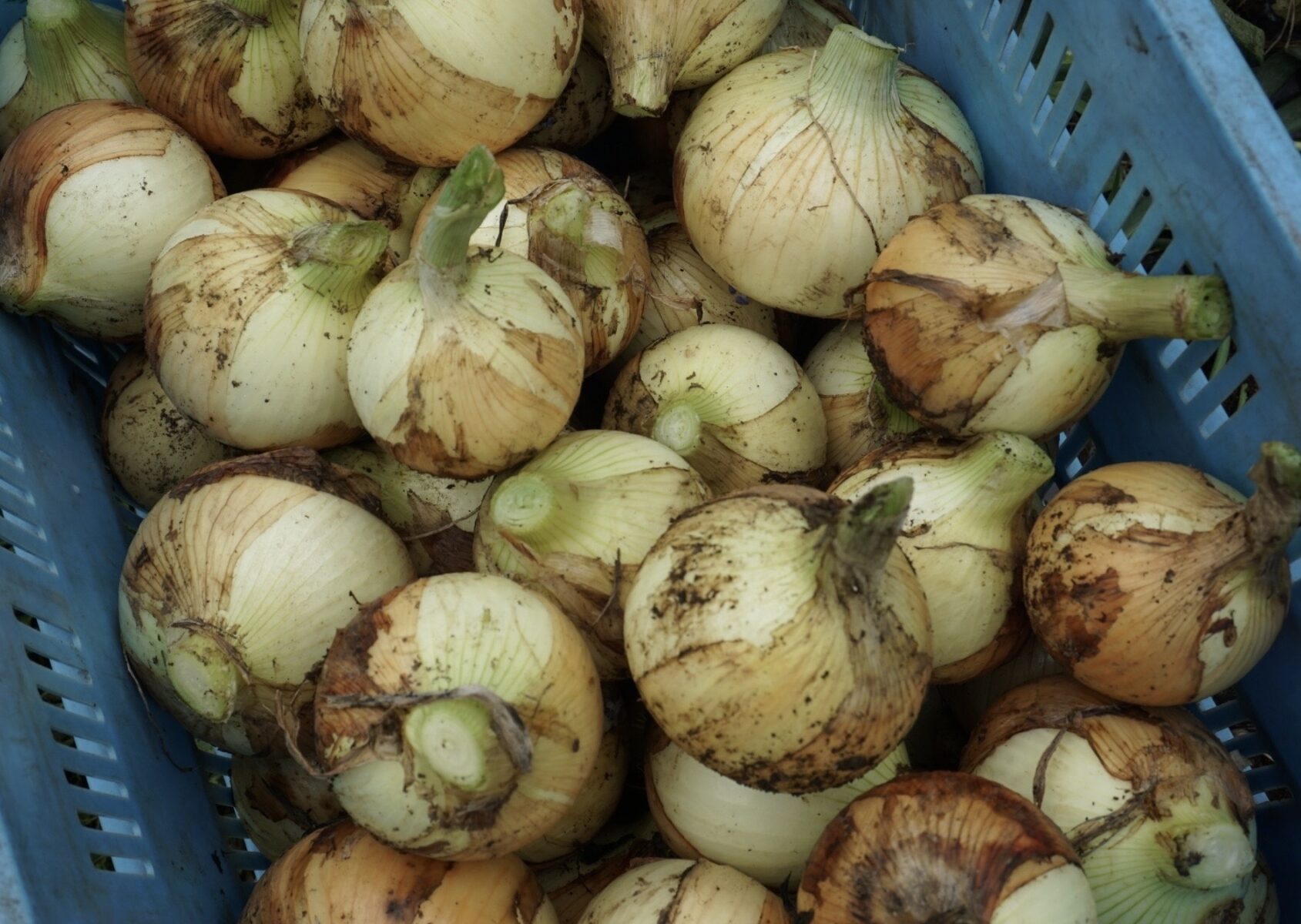
また、フランスでは2022年からスーパーの野菜や果物の個包装について、種類ごとに規制を設けています。エコロジー移行省はこの取り組みにより、毎年10億個以上のプラスチック包装を削減できると示しています。既にEUでは包装・包装廃棄物の削減に関しての新法で合意され、インドでも2022年からプラスチック資材に関しての規制がかけられています。
石油由来の原料で作られ、製造時にCO2を排出し、環境を汚染するなど、プラスチックが地球にダメージを与えていることは自明である中、日本の一人当たりの使い捨てプラ消費量は世界2位だと言われています。さらに、OECD非加盟諸国への日本のプラスチック廃棄物輸出量は目立って多く、リサイクルの限界や対策の遅れが顕著に表れています。
もちろんプラスチックを無くしたところで根本的な問題解決に繋がるわけではないかも知れません。ただ「脱プラスチック」と掲げ、プラスチックの利用を全面的に否定してしまうと、「他の素材を使えばいい」などという単純化された見解が生まれ、森林伐採など別の問題が浮上してしまいます。ですが、プラスチックなどの資源をそもそも使わなくていいものは、なくしていけると思います。
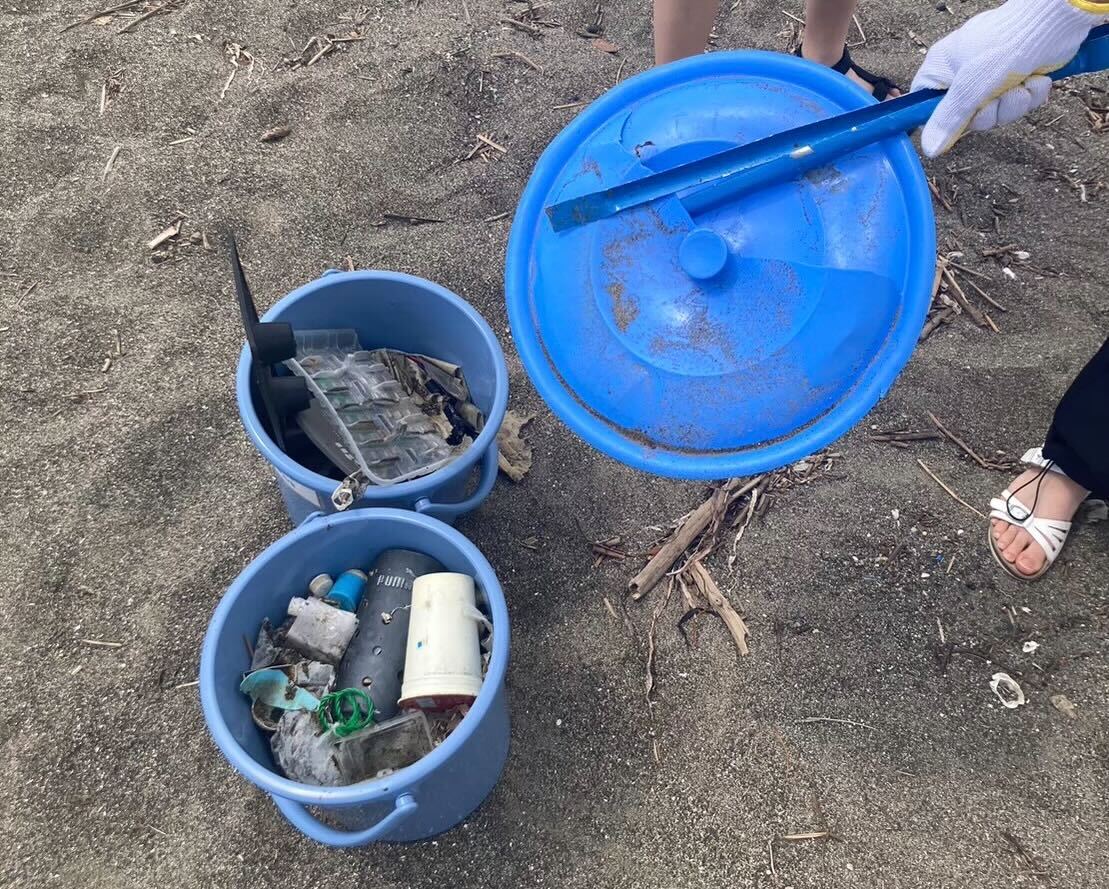
私がビーチクリーンで毎回袋がいっぱいになるまでゴミを拾ったとしても、浜辺にある全ての吸い殻やマイクロプラスチックは無くすことができないように、個人の意識の問題だけではどうしようもできない問題で溢れています。しかし、プラスチックを作る量・使う量をを減らしていき、個人から社会へ意識の層を広げていくためには、消費者から企業まであらゆる人を巻き込んでいく必要がある。
そこで私は、私にとってとても身近なイオンさんやサミットさんとの対話を通して、ぜひ野菜の個包装を減らす取り組みを行っていけたらと思っています! イオンさんはリサイクル素材を使用した商品の販売から、Loopやボトルtoボトルなどリユースに重点を置いたプロジェクトまで、努力を目にしてきました。またサミットさんでは、お肉などのノントレイ包装の導入により、従来のトレイパックと比較して、プラスチックゴミの排出削減に大きく貢献しています。野菜のプラスチック個包装の削減に関しても、イオンさんやサミットさんなどを中心に、先駆的な取り組みが進んでいくことで、さらにより多くの全てのスーパーにも広がっていくことを期待しています。
Text: Ayaka
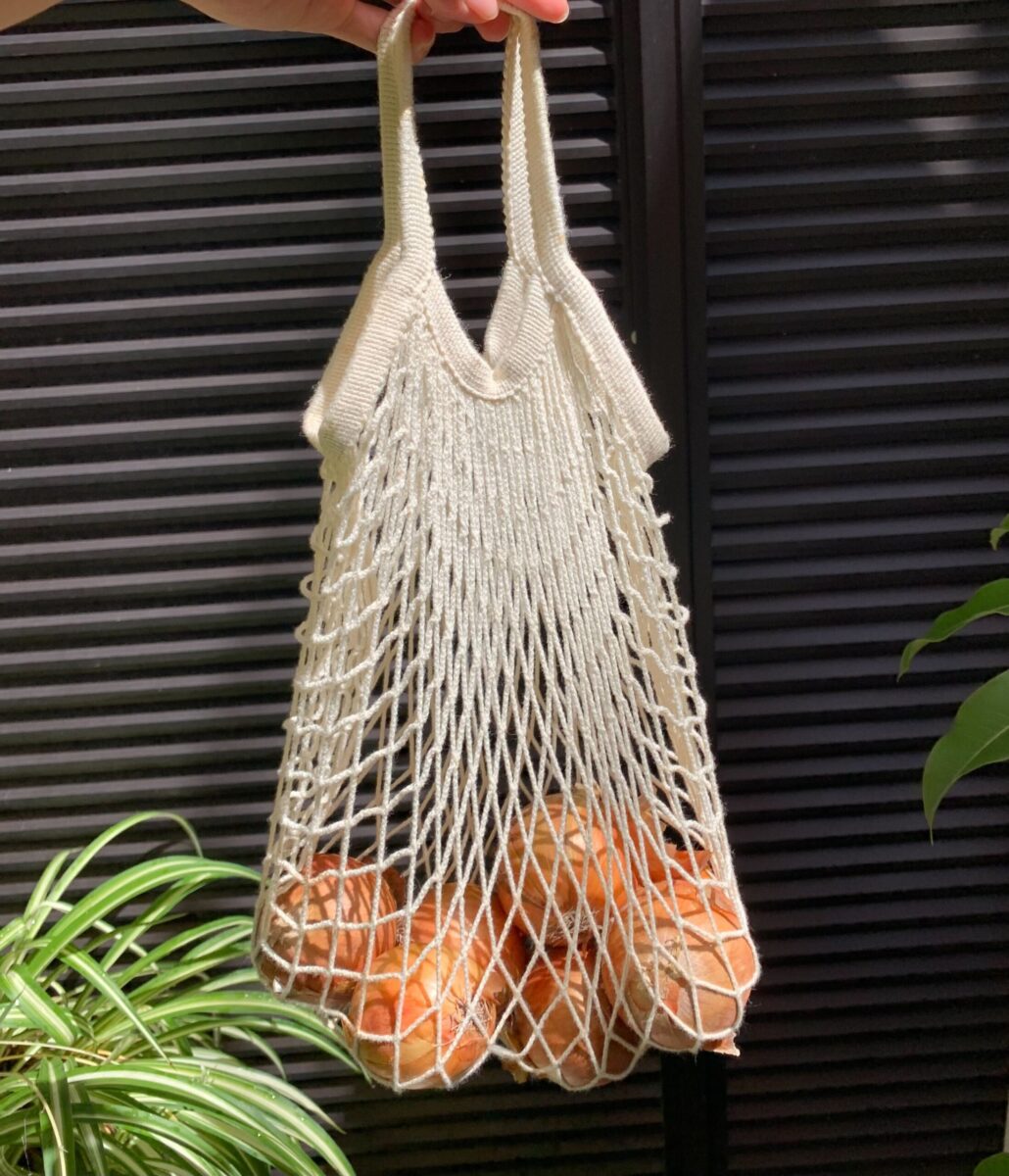
参考文献
ゼロから分かるプラスチック問題と海洋汚染:https://www.greenpeace.org/japan/explore/plastic
プラスチックの個包装が必要な野菜について:https://www.on-the-slope.com/articles/shop/service/articles-387370/
量り売りスーパー:https://totoya-zerowaste.com/
使い捨てプラスチック消費量:https://www.unep.org/ietc/ja/node/53
日本のプラスチック廃棄物輸出量:https://www.ban.org/plastic-waste-project-hub/trade-data/global-export-data-annual-summary
EUでは包装・包装廃棄物の削減に関しての新法:https://www.jetro.go.jp/biznews/2024/03/783c82db1560ea37.html
インドのプラスチック規制:https://www.jetro.go.jp/biz/areareports/2023/1333e1c4b10a64a7.html
フランスのプラスチック包装規制:https://www.jetro.go.jp/biznews/2021/10/8fb8d7bbd751ffa6.html
Ayaka, high schooler who joined JGI from volunteer, started petition at Change.Org. Check the following message from Ayaka. (Sign the Online Petition!)
Vegetables and fruits wrapped in plastic trays and bags—this sight has become commonplace in Japanese supermarkets. However, when you take a step back and look at it, the excessive amount of plastic packaging is astonishing. While I want to reduce plastic waste, I often feel helpless in the face of the overflowing plastic trash that comes with purchasing vegetables. Although I understand that this packaging is designed with freshness and hygiene in mind, it might also be one of the reasons why Japan seems to be lagging behind the global movement to reduce plastic waste.
Hello! I’m Ayaka, a high school student. I began tackling the issue of plastic waste just a year ago, during the summer of my first year in high school. I joined a student organization that aims to eliminate plastic within our school, and we have been involved in various activities, including beach cleanups. As our activities progressed, I started wondering what we could do to address the root cause of the plastic problem, rather than just dealing with the symptoms. It was then that I turned my attention to my own life and noticed the plastic-wrapped vegetables in supermarkets.
In Japan, the primary concern when it comes to eliminating vegetable packaging is likely freshness and hygiene. However, is it really necessary to package every vegetable? Upon investigation, I found that certain vegetables, such as leafy greens like spinach and komatsuna, require individual packaging to maintain their quality and freshness due to their high respiration rate after harvest. However, onions are always peeled before use, and root vegetables like burdock and potatoes are always washed before cooking. Moreover, vegetables sold with soil still attached at direct sales outlets, farmers’ markets, and bulk stores, as well as bare vegetables like tomatoes and cucumbers, appear to shine brightly in our eyes.
In France, since 2022, regulations have been implemented on the individual packaging of vegetables and fruits in supermarkets, with specific rules for each type. The Ministry of Ecological Transition has shown that this initiative can reduce over a billion plastic packages annually. The EU has already agreed on new laws to reduce packaging and packaging waste, and India has also imposed regulations on plastic materials since 2022.
It is well-known that plastic, made from petroleum-based materials, emits CO2 during production and pollutes the environment, causing damage to the planet. Japan is said to rank second in the world in per capita consumption of single-use plastics. Furthermore, Japan’s export volume of plastic waste to non-OECD countries is notably high, highlighting the limitations of recycling and the delay in countermeasures. Japan’s plastic addiction is affecting our planet.
Of course, eliminating plastic might not lead to a fundamental solution to the problem. However, if we reject the use of plastic under the banner of ‘plastic-free,’ it could lead to an oversimplified view, such as ‘just use other materials,’ which could, in turn, create other issues like deforestation. Still, I believe we can eliminate the use of resources like plastic where they are truly unnecessary.
Just as I cannot remove all the cigarette butts and microplastics on the beach, even if I fill a bag with trash during a beach cleanup, there are issues that cannot be solved by individual awareness alone. However, to reduce the amount of plastic we produce and use and to broaden this awareness from individuals to society, it is essential to involve everyone, from consumers to companies.
Therefore, I would like to ask supermarkets that are very familiar to me, such as AEON and Summit, to take steps to reduce the individual packaging of vegetables through further conversations! I have seen AEON’s efforts, from selling products made with recycled materials to projects focused on reuse, such as Loop and Bottle to Bottle. Summit has also made significant contributions to reducing plastic waste by introducing non-tray packaging for meat, which significantly cuts down on plastic waste compared to traditional tray packs. I hope that by leading the way in reducing plastic packaging for vegetables, AEON, Summit, and others will inspire more supermarkets to follow suit.
Text: Ayaka
